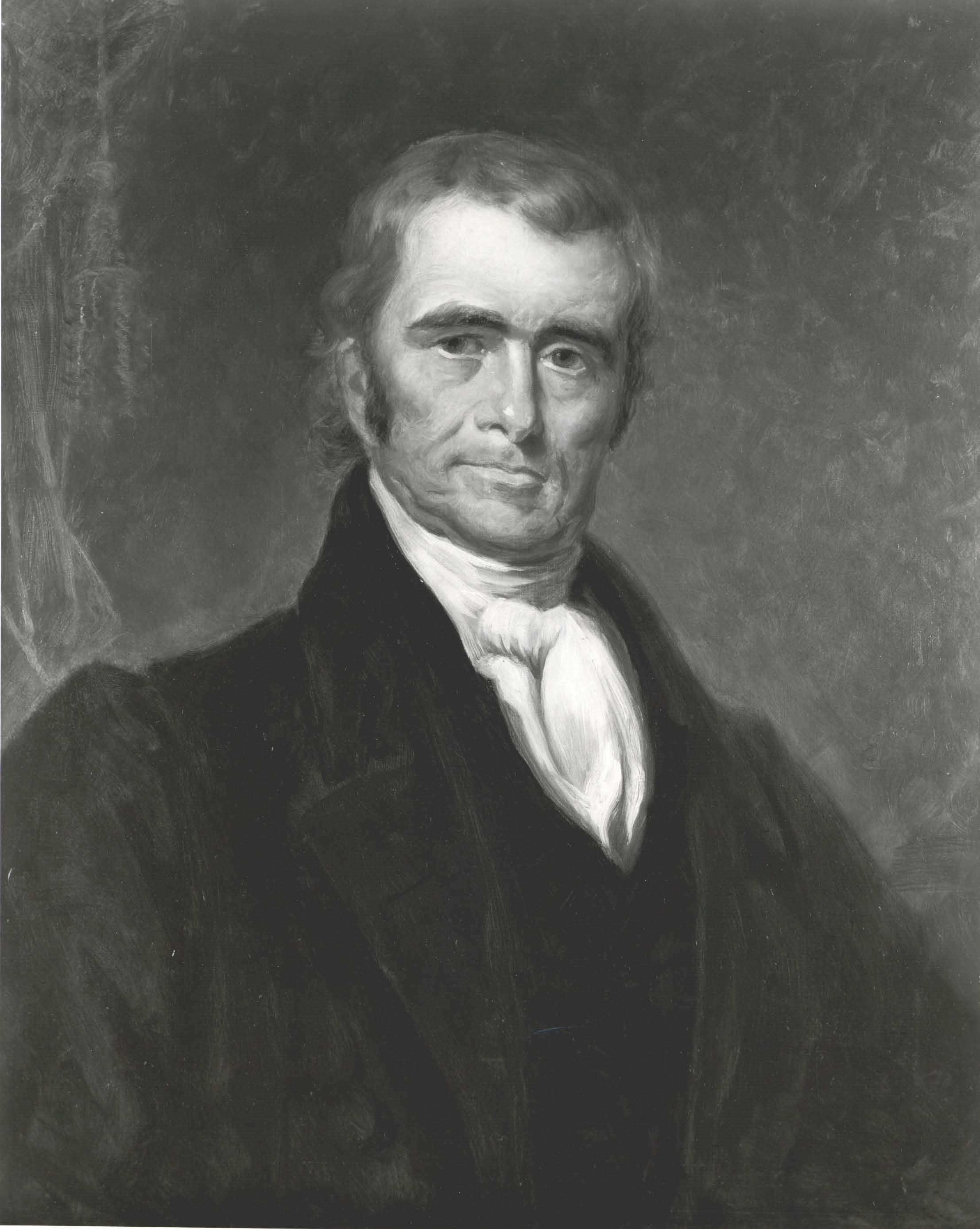Schenck V. United States was argued on January 9-10 1919 and decided on March 3 1919. It was decided by the White Court in the
District Court for the Eastern District of Pennsylvania. Schenck sent out messages to peacefully resist the Conscription Act in that was put into place during the Great War. He was then charged with violation of the Espionage Act because his message obstructed recruitment. The question was then raised whether Schenck's actions were protected under the 1st Amendment. Holmes declared Schencks words were not protected under the 1st Amendment because of the current circumstances. It was a time of war and Schencks words caused a "clear and present danger" to the US. The government was fearful that the people would listen to Schenck. This established Congress' power to limit speech during wartime.

Schenck V United States is similar to Marshall cases. In both court cases the decision ultimately strengthened the government. The Marshall cases gave the government power over trade and other debates between state and federal power. Schenck V United States gave Congress the right to limit speech during war time.



Comments
Post a Comment